Helping Families Bring Stories to Life
I’m not a professional genealogist — I’m a storyteller with experience uncovering WWII records, family letters, and historic archives. My goal isn’t to guarantee results, but to partner with you in the search and help turn whatever we find into a narrative worth sharing.
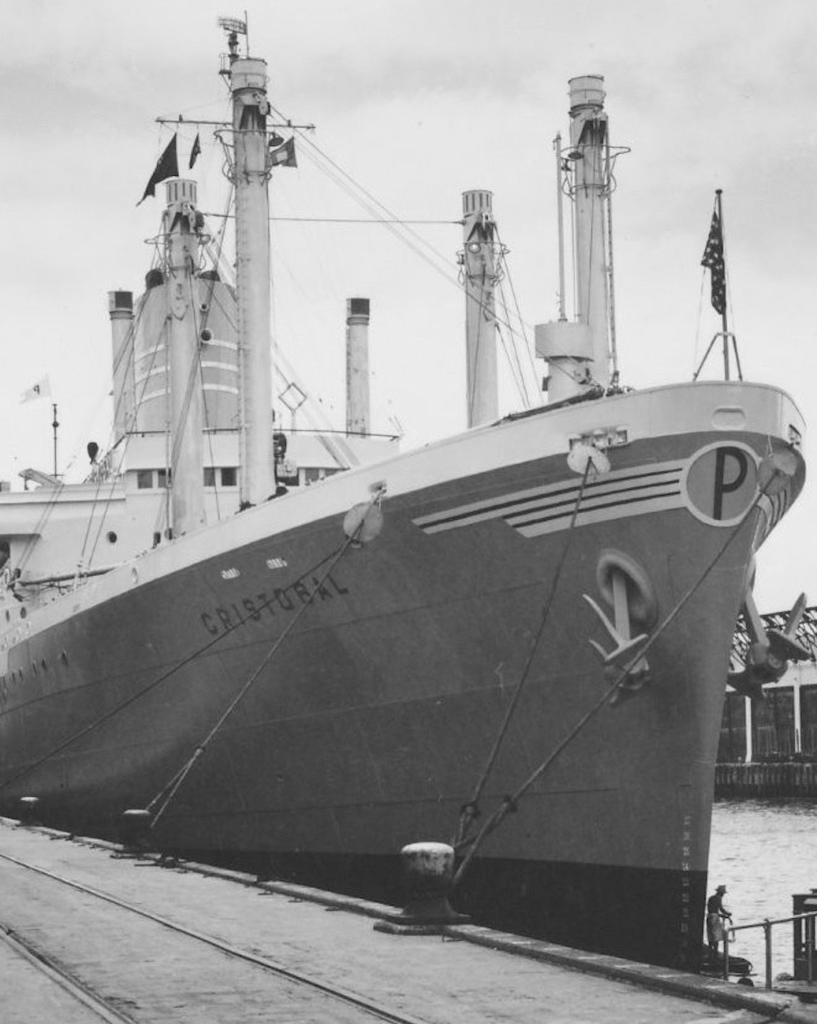
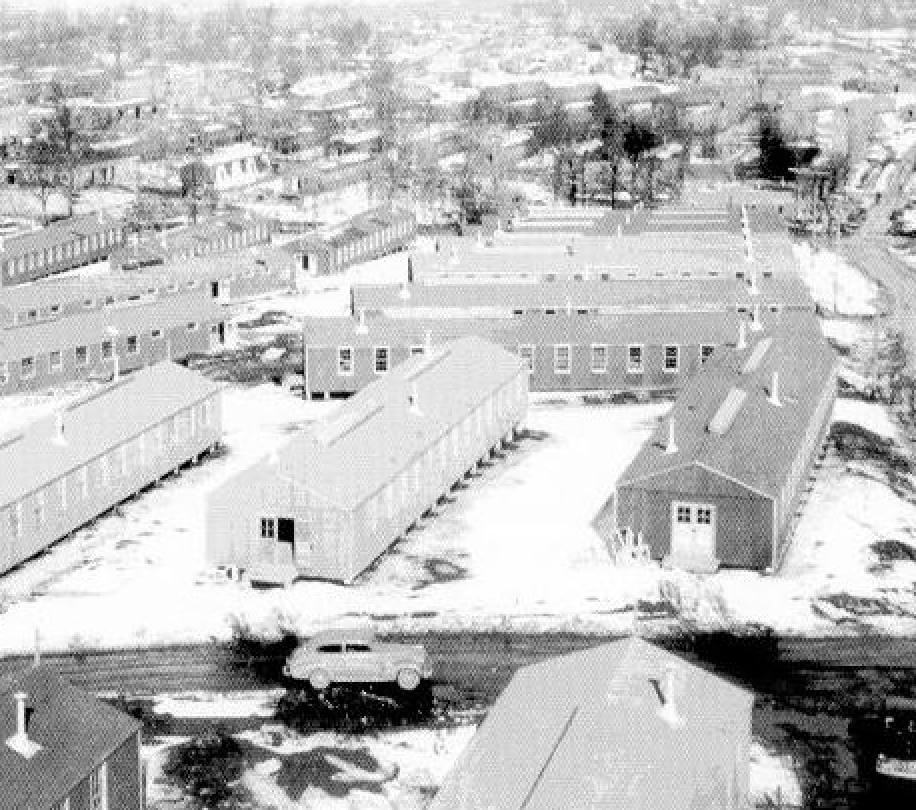
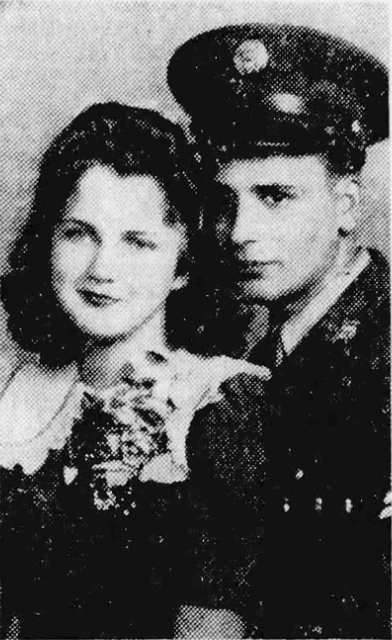
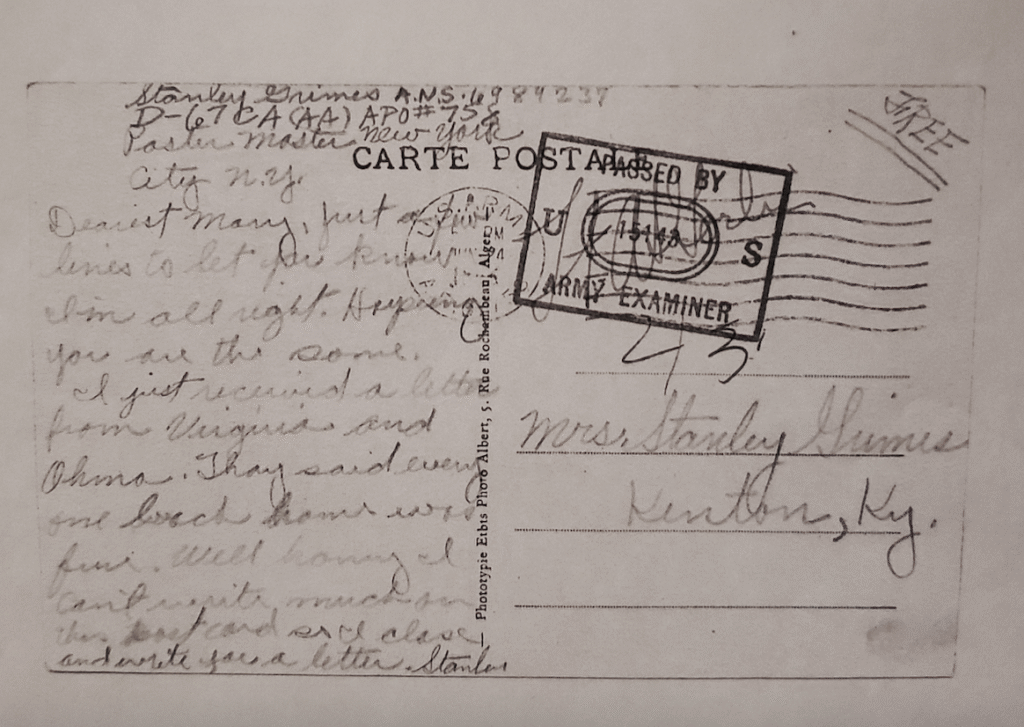
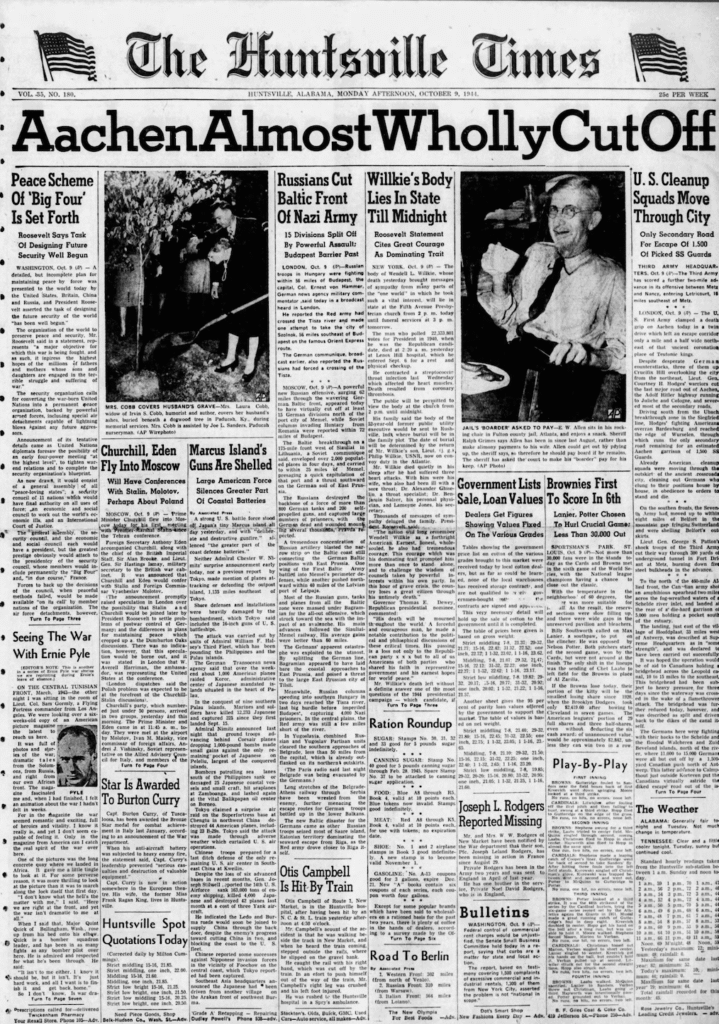
Research Help
- Dig into census records, immigration logs, and military files
- Pull from free and paid archives (Fold3, Ancestry, Newspapers.com, etc.)
- No guarantee of results — but a promise to search with care
Storytelling & Writing
- Turn what we find into a narrative (letters, profiles, short articles)
- Combine facts with context — what was happening in the world at the time
- Create something worth sharing with family today
Collaboration
- We work together: you provide names, documents, or family stories
- I add research and writing support
- End result is a clearer picture of your history
Work Samples
I work from primary sources—letters, morning reports, unit histories, maps, artifacts, and interviews—and cross-check them against reputable secondary research. The excerpts below show how raw evidence is organized, contextualized, and shaped into a clear narrative without embellishment. Proof first; then prose.
How Pricing Works
I don’t charge a fixed fee for research projects. Instead, this work is donation-based.
That means:
- You set the value. After we work together, you choose what feels right based on the time, effort, and results.
- Every project is unique. Some searches are straightforward, others take hours of digging. A donation model keeps things flexible and fair.
- No guarantees, just care. Research doesn’t always uncover everything we hope for, but I promise to search thoughtfully and present what I do find in a way that honors your story.
Your donation goes directly toward supporting the hours I spend digging through archives, writing, and pulling threads together into something meaningful for you and your family.
